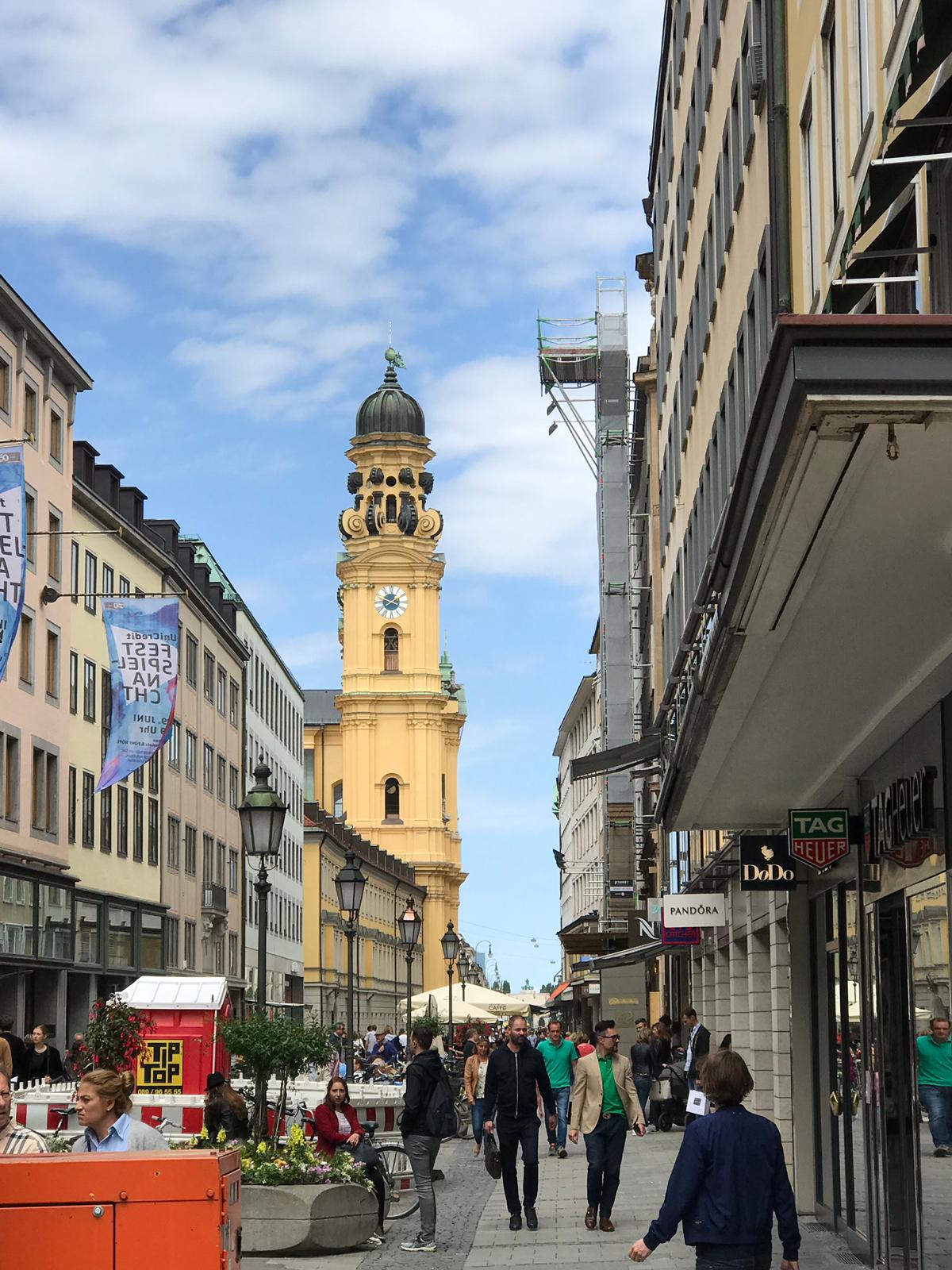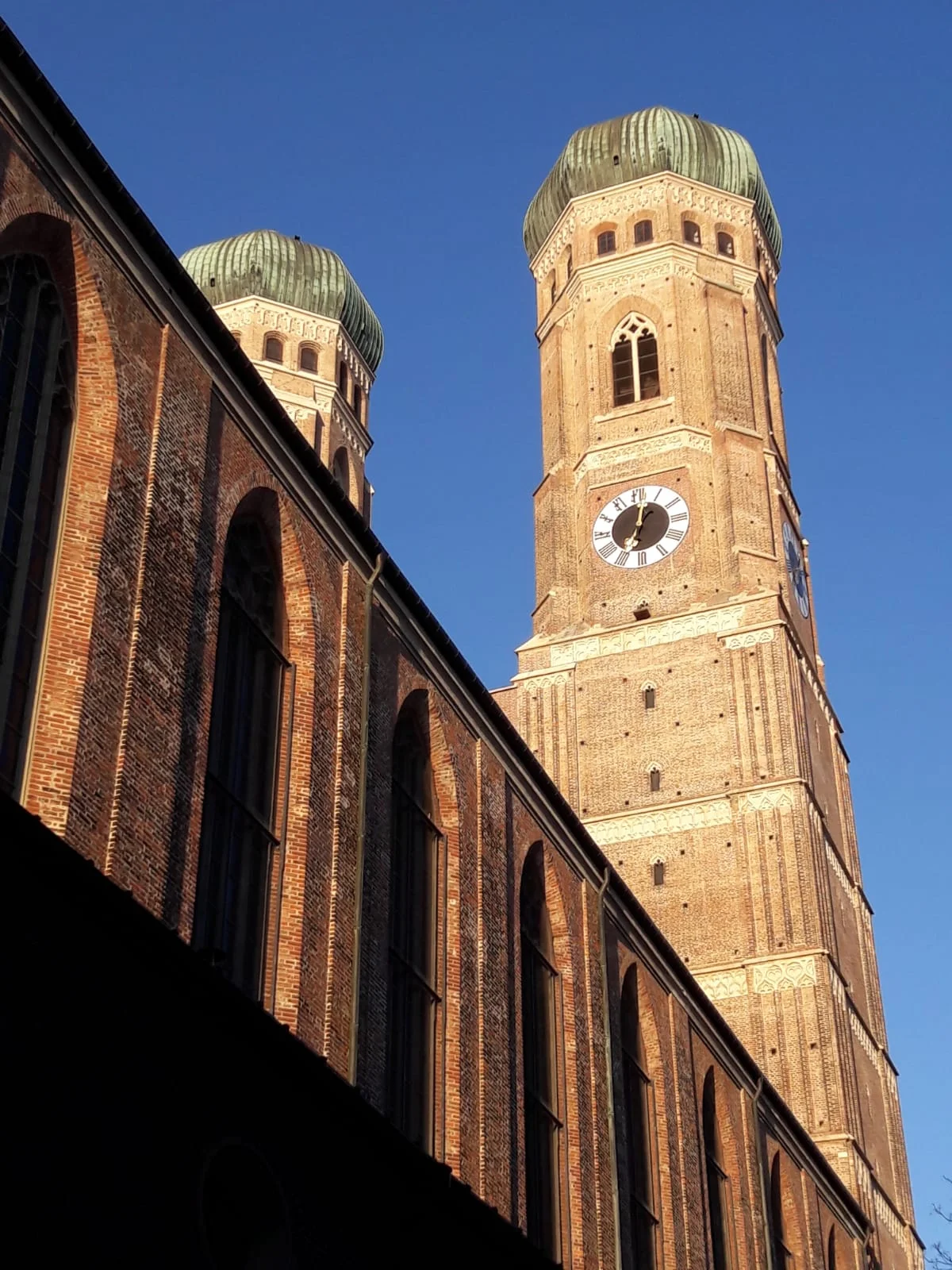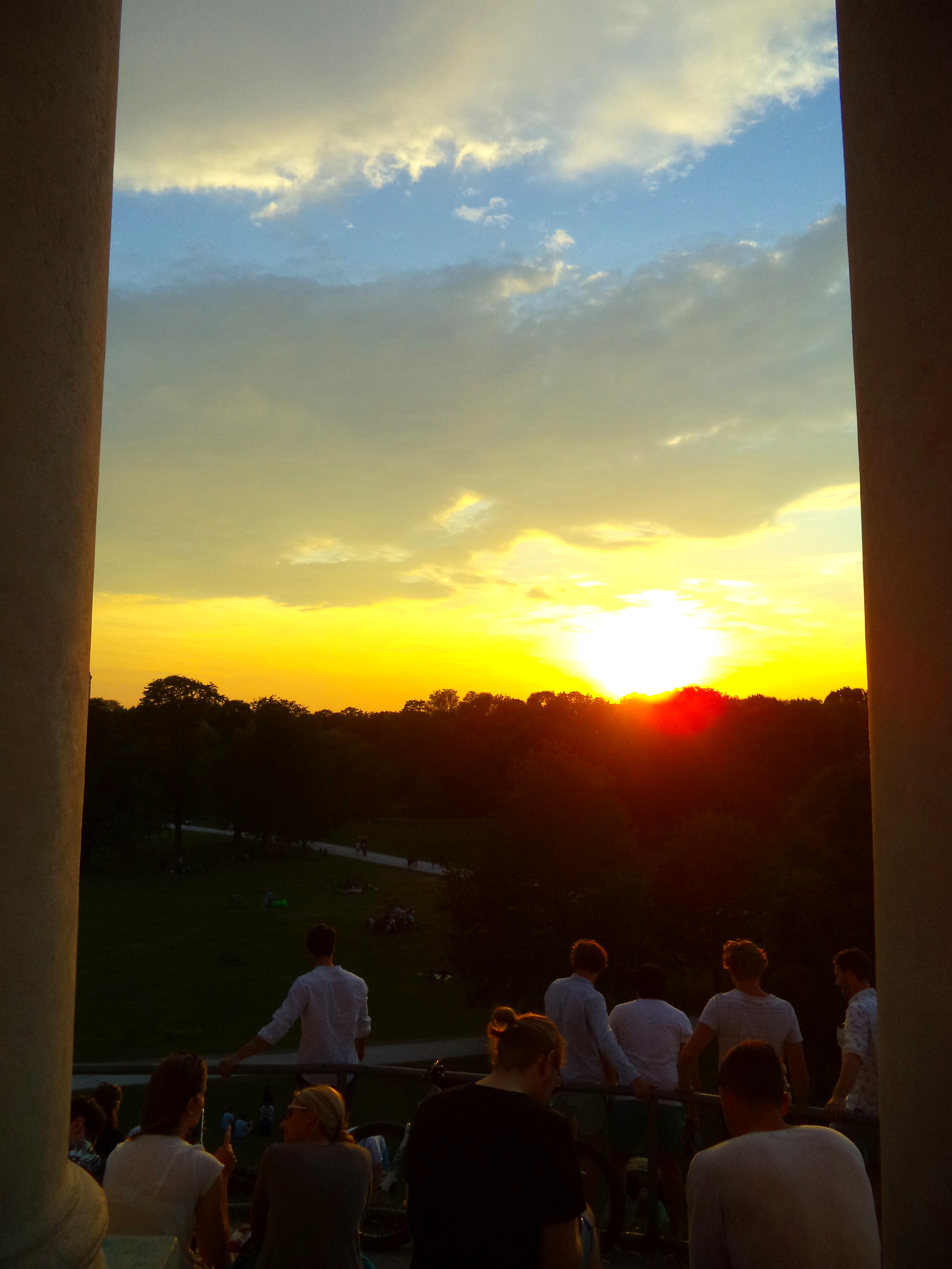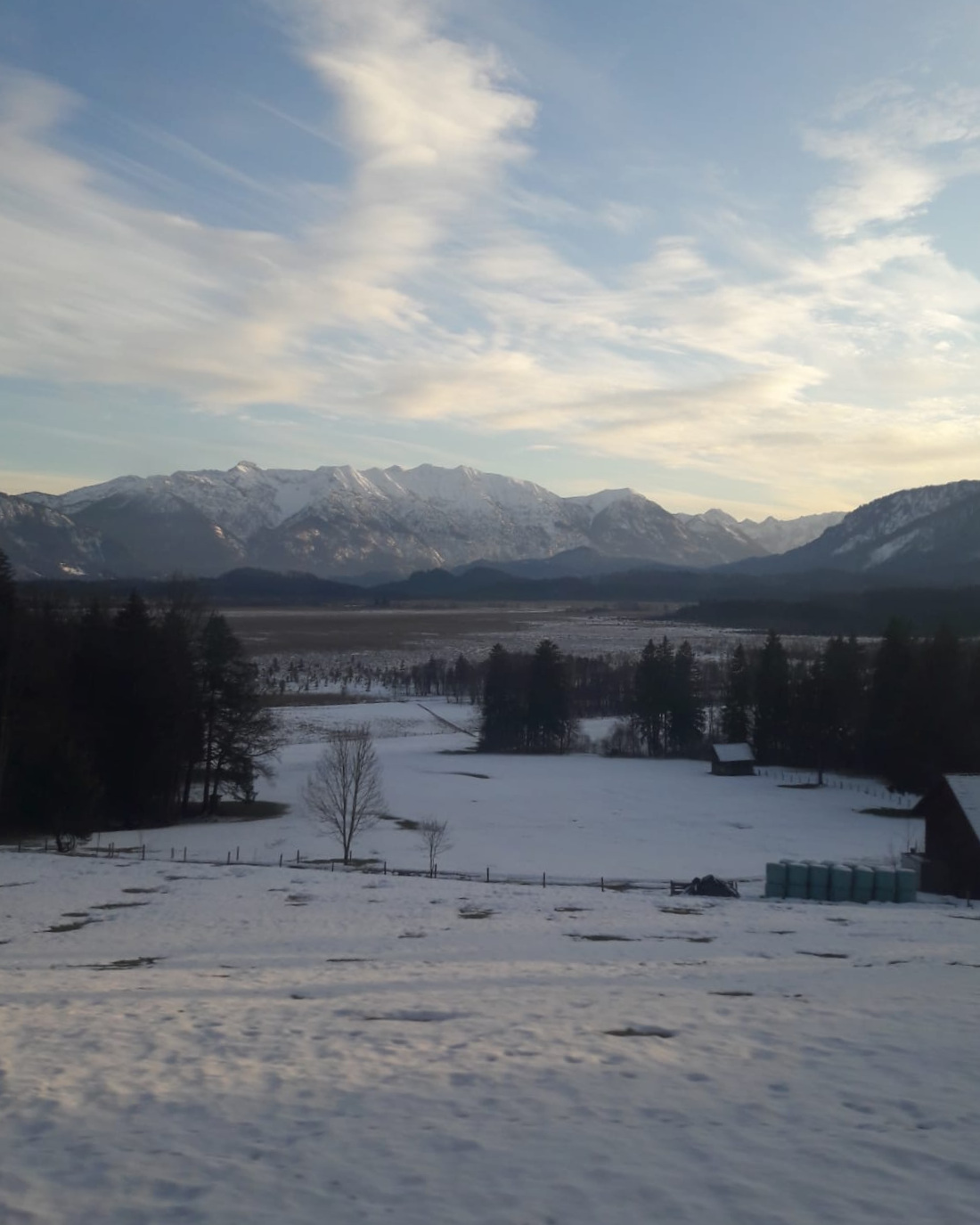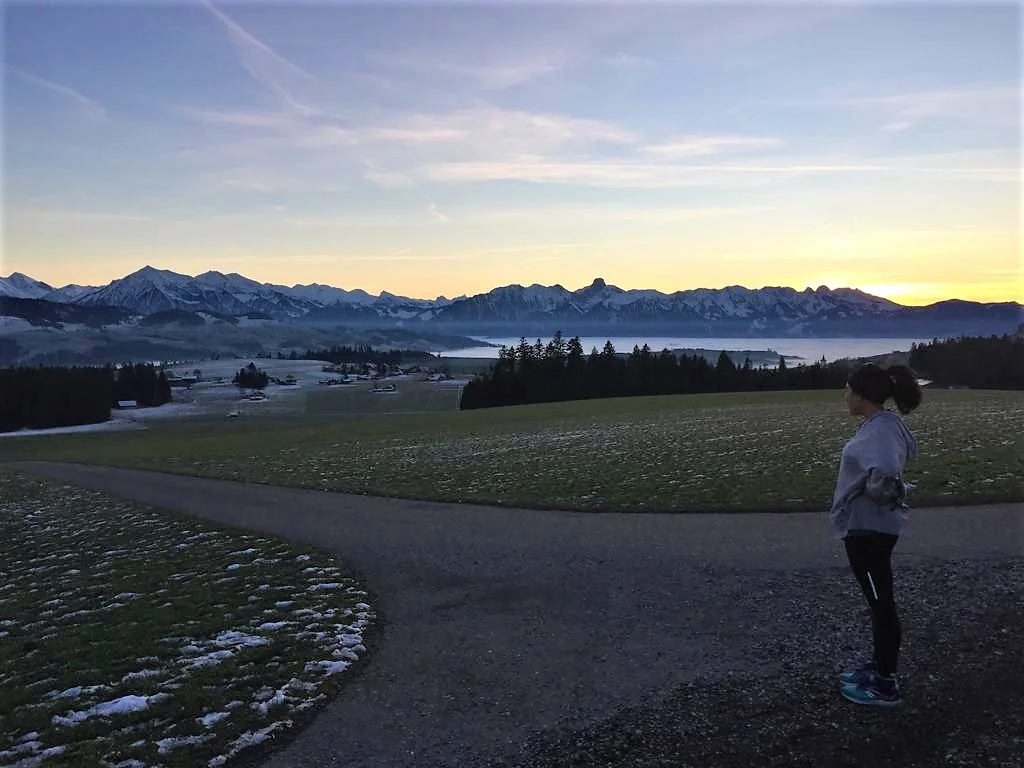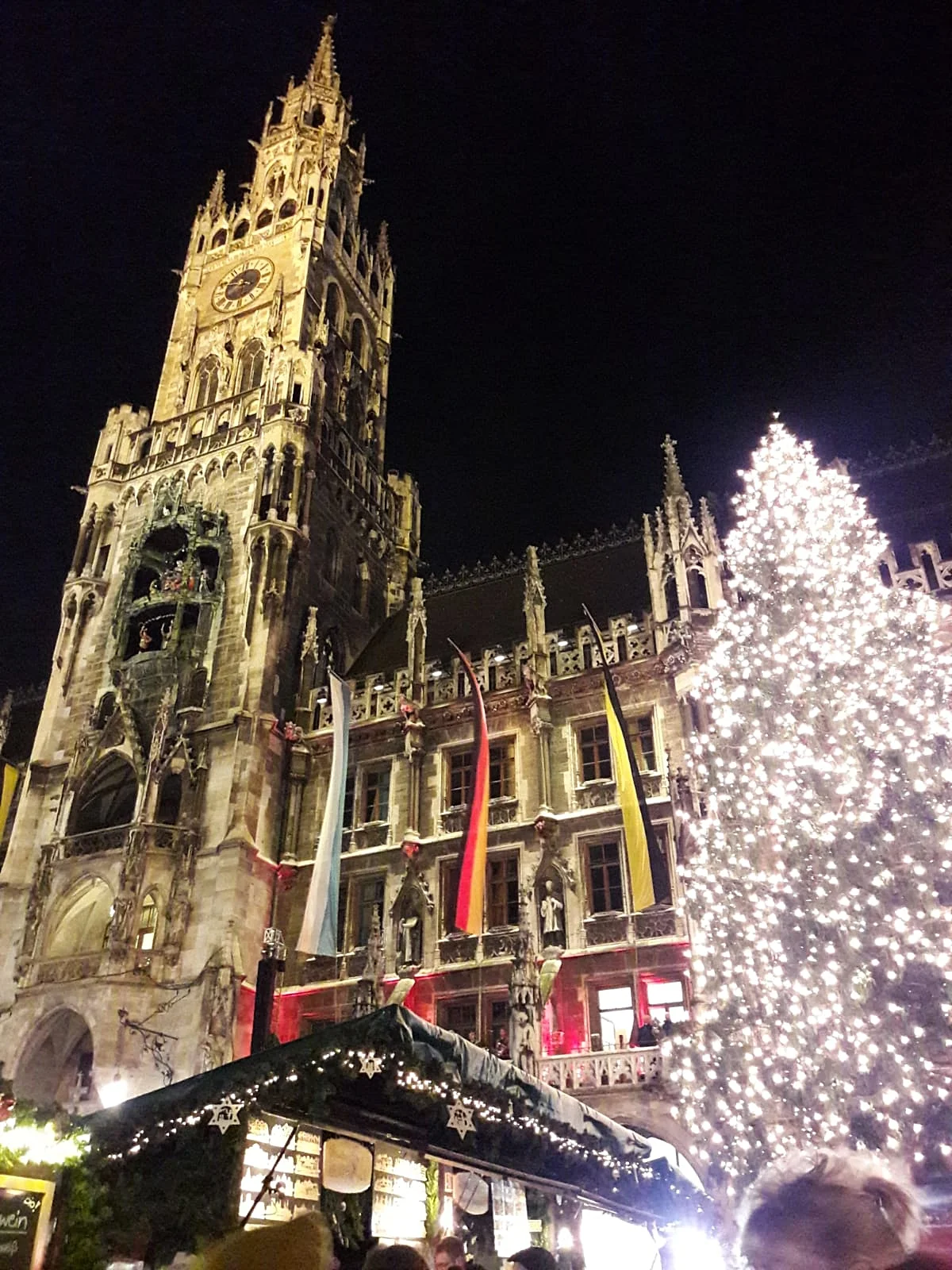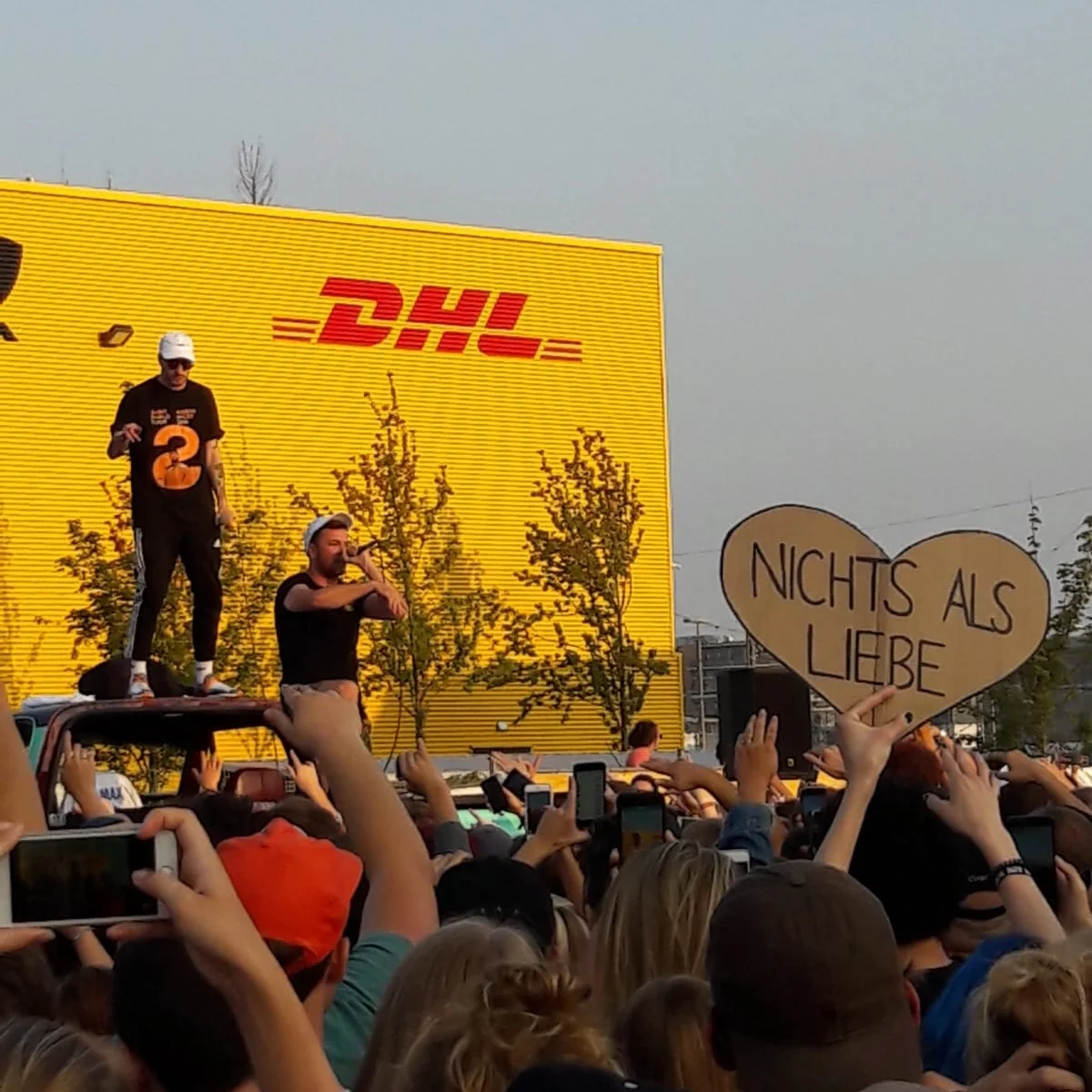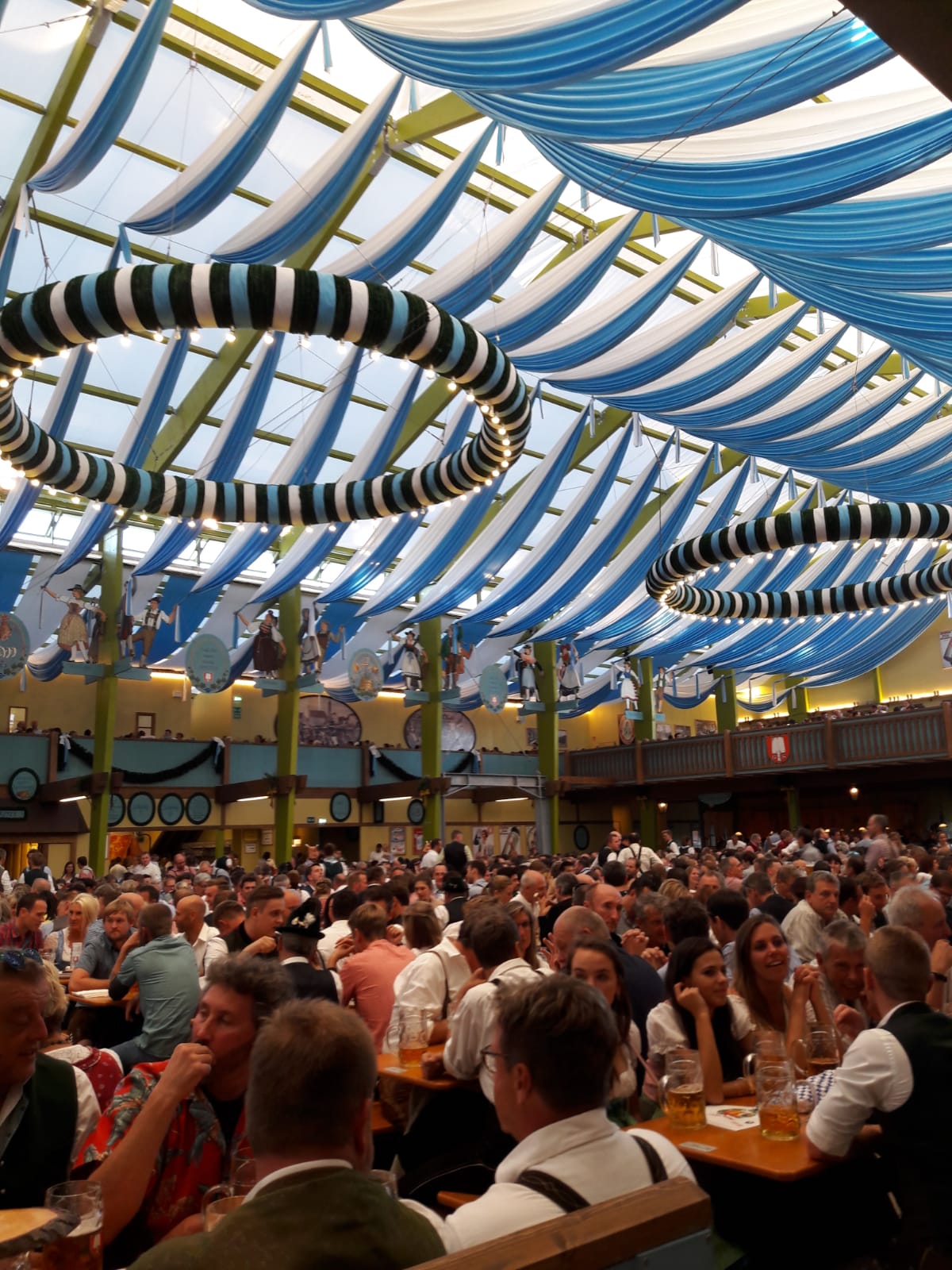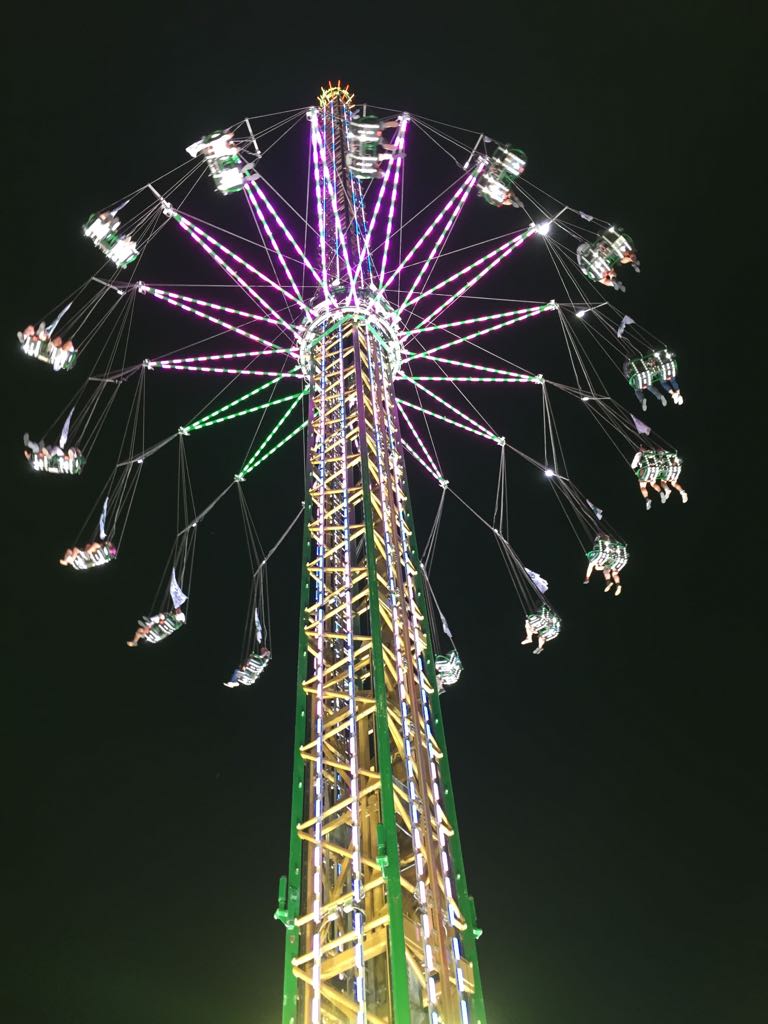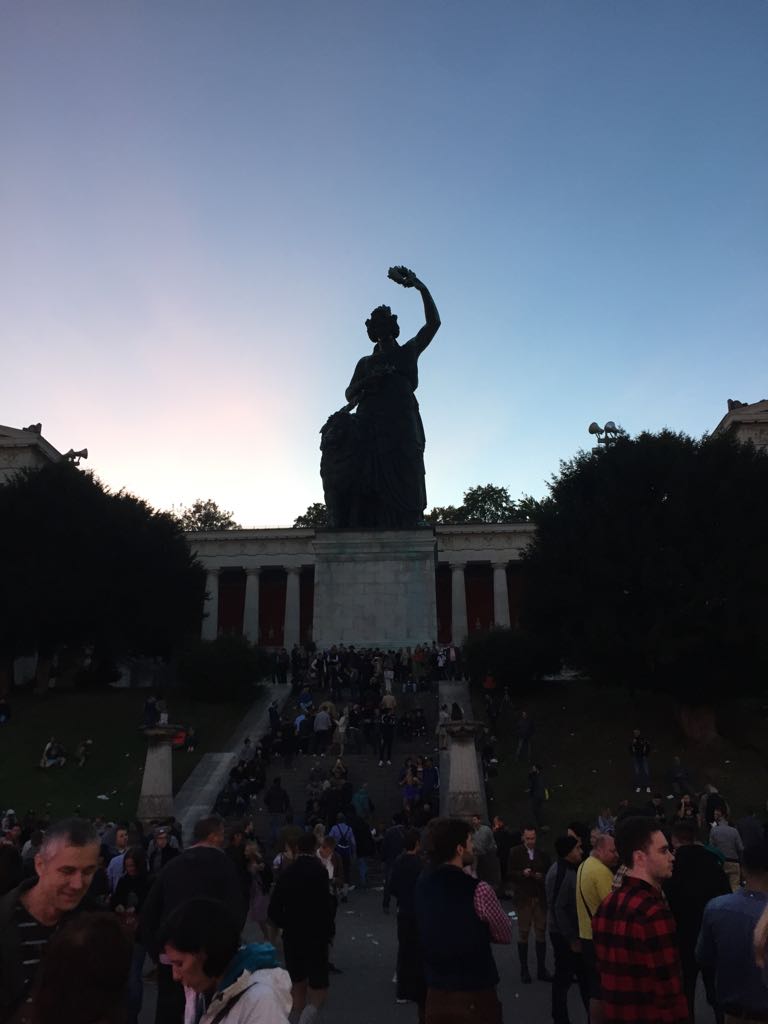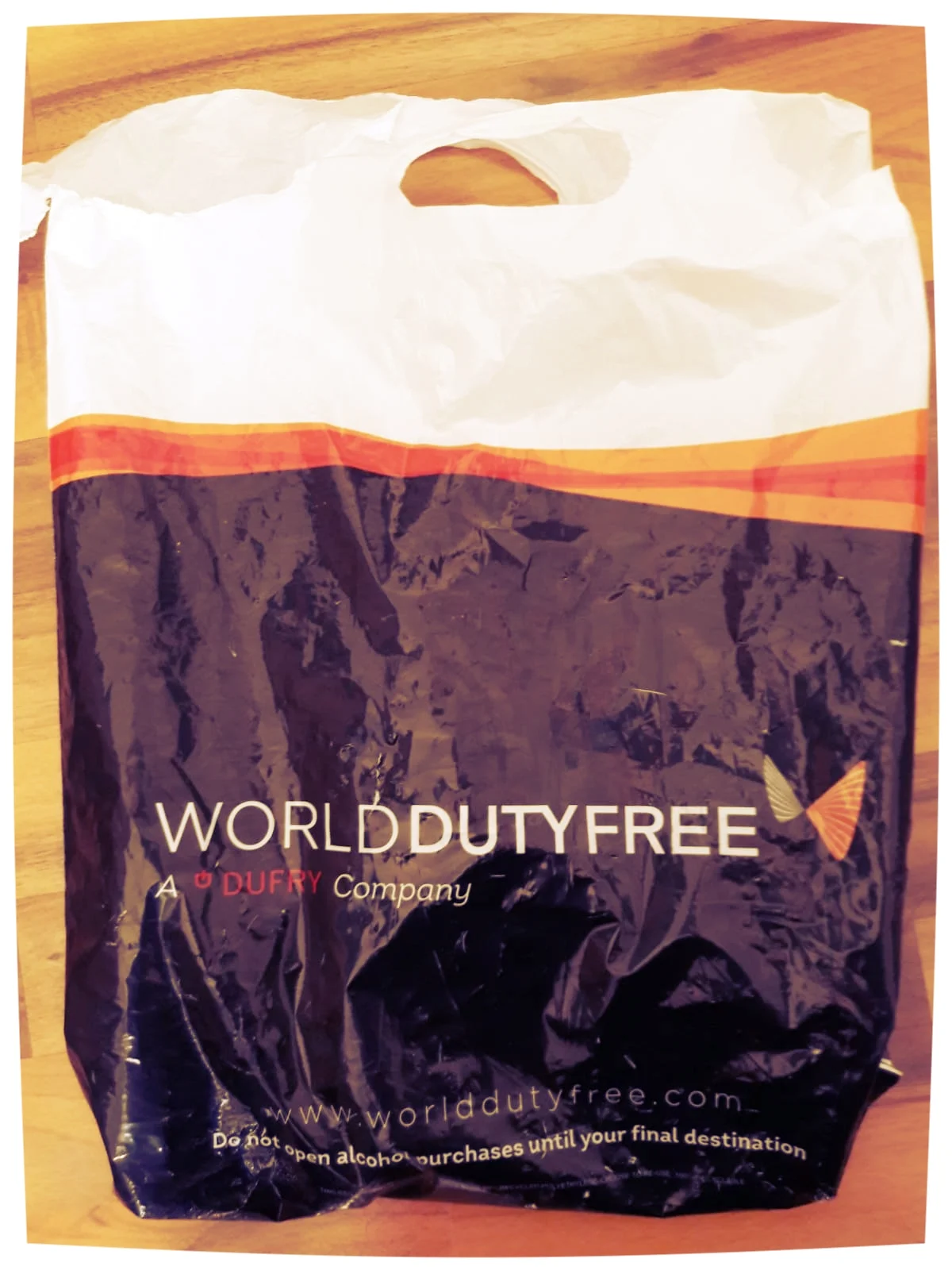Meet the Parents
/It has been two months since that sweaty, overpacked flight from Gatwick, which ended with my arrival in Germany. Two months of discovering Munich and overcoming challenges, one gramatically incorrect conversation after another. It was at this point that my parents decided to visit.
It had been sectioned off in the diary for some time, their visit highlighted in green neon spanning a long weekend in October. In the week preceding the flat had been transformed from its normal dustbowl state into a sparkling, shiny apartment with miracle o’ miracles, an empty laundry basket. For one elated, OCD evening the flat was immaculate and I moved around gingerly, not brushing my hair or touching my skin for fear of my own body detritus spoiling the perfection.
Philippe stared on, bemused as I ran different iterations of the itinerary past him whilst shoving the fourth load of laundry in the washing machine.
“I’m sure they’ll enjoy themselves no matter what they do,” he said, ever the voice of reason. “Why are you getting so worked up?”
I was not yet sure of the answer but for some reason the visit had to be perfect, which is probably why it was doomed to start in chaos.
It was the damn laundry’s fault. Unused to such an abundance of clean clothes, my folding skills were too slow for the task, which meant that I left the flat late. Munich public transport then compounded the error by scheduling a full medley of engineering works that hindered me from getting to the airport. Feeling like I was in a giant German version of the Crystal Maze I ran panicked between the platforms whilst simultaneously trying to decode tannoy announcements in obscure Bavarian dialect. It was a sad moment of epiphany when I realised that I lacked the physical, mental and problem-solving skills needed to succeed in the Crystal Maze. There went another childhood aspiration of mine. In the end I resorted to following a group of people with suitcases onto a train and then simply praying we were going to the airport.
Somehow my idiot idea worked and I met my parents a mere hour later than expected. Tired and burdened by suitcases carrying, of course, more laundry of mine, they kindly accepted my apologies before following me onto the Munich Rail Network for the slowest train ride back to the city centre. Waiting at one of the many stops, I felt the anxiety beginning to rise. The visit was not going as expected. It was meant to be better than this, smoother, more prompt. Munich had to up its game.
Maybe there is something in Oprah’s “Secret” propaganda because thereafter Munich dazzled. Under high summer blue skies the city’s monuments stood to attention. The Theatine Church near Odeonsplatz, which the week before had looked brown under dismal clouds, turned buttercup yellow in the sunshine. Its honey-coloured coating resembled flawlessly iced birthday cake; good enough to take a take a chunk out of and eat.
Leaving their coats at the hotel, my parents relished the 24°C heat as they strolled through the Englischer Garten. With such temperatures this city break acted as a bonus summer holiday for them and I benefited from their enjoyment, sharing in vast orders of roast meat and beer as they sampled Bavarian cuisine. It was a welcome return to childhood with the incredible luxury of always having the bill footed by someone else.
However, not all the dynamics of childhood remained. For the first time I was the one leading the holiday and I was the one, who was familiar with the transport system (well, most of the time). My parents looked to me for advice as to which places to visit and where was best to eat and in that respect, I was the authority. It was a strange realisation to come to. In some ways, our roles had reversed.
And I think that partly explains the self-imposed pressure to make their visit a success. They were looking to me for direction and I wanted to meet this requirement. However, with only two months experience in the city this was not an easy task. Furthermore, was I not still questioning whether I myself, was managing in Munich? Were the short interactions at the shops not still slightly awkward, especially when my orders for cake were mysteriously converted to bread rolls due to something crucial being lost in translation? Could I demonstrate to both my parents and myself that the massive upheaval of the move had been worth it?
Ending as it began, we rushed to make the airport bus in time. I ran on ahead and stalled the driver as my parents puffed up the road behind. They joined just in time to hear me ordering their tickets, now fluent enough in German to navigate the conversation and logistics. When I kissed them goodbye, their faces beamed with pride and amazement.
It turns out I am not doing too badly after all.



